🎂The Constitution Unit is 25!🎂
To celebrate, we’re launching a 25 years campaign.
For the next 25 weekdays we’ll be tweeting about ways in which the Unit has helped to inform policy change over the last 25 years.
Read the full story here – bit.ly/2Y3egNI
To celebrate, we’re launching a 25 years campaign.
For the next 25 weekdays we’ll be tweeting about ways in which the Unit has helped to inform policy change over the last 25 years.
Read the full story here – bit.ly/2Y3egNI

🥳The Unit at 25: Day 1🥳
The Unit hit the ground running in its formative years, starting in 1995 and fast becoming a leading voice in devolution, Lords reform & referendums.
Early research informed many parts of the new Labour government’s constitutional reform programme.
The Unit hit the ground running in its formative years, starting in 1995 and fast becoming a leading voice in devolution, Lords reform & referendums.
Early research informed many parts of the new Labour government’s constitutional reform programme.
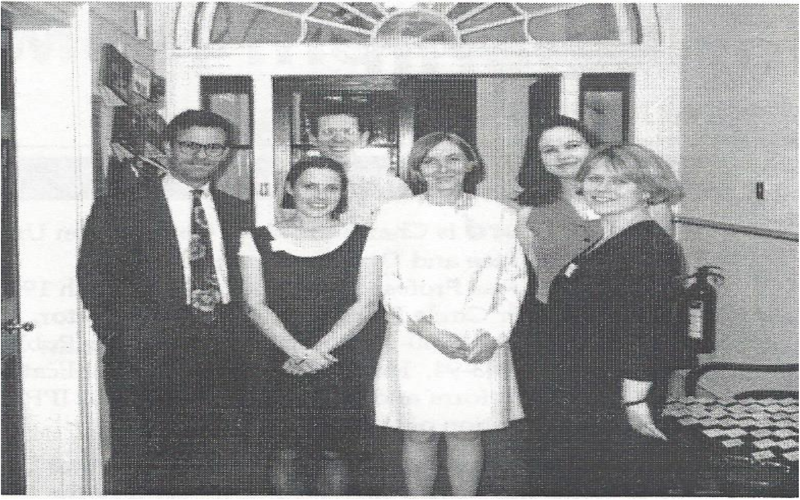
🎂🎂🎂
The Unit at 25: Day 2
Today we’re celebrating Monitor.
Launched in 1997, our popular bulletin provides an essential digest of political and constitutional changes three times a year.
Join our 4800 subscribers by signing up here - bit.ly/3dARYbt
The Unit at 25: Day 2
Today we’re celebrating Monitor.
Launched in 1997, our popular bulletin provides an essential digest of political and constitutional changes three times a year.
Join our 4800 subscribers by signing up here - bit.ly/3dARYbt
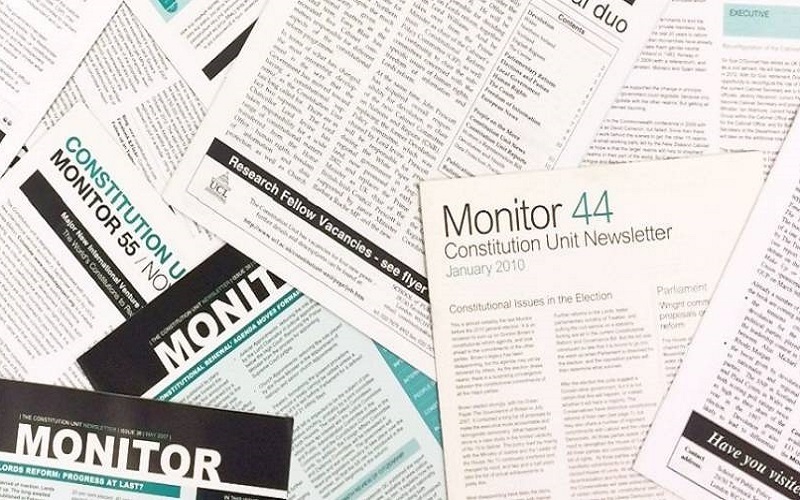
🥳The Unit at 25: Day 3.
Today we highlight the Unit’s research on reform of the House of Lords. In 1999 we published 10 briefings for the Royal Commission established that year.
Today, Meg Russell’s book, The Contemporary House of Lords, is the definitive work on the chamber
Today we highlight the Unit’s research on reform of the House of Lords. In 1999 we published 10 briefings for the Royal Commission established that year.
Today, Meg Russell’s book, The Contemporary House of Lords, is the definitive work on the chamber
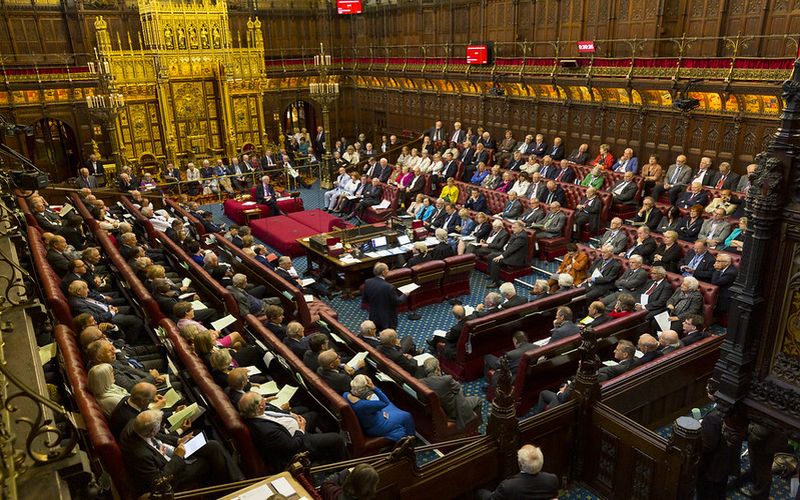
The Unit at 25: Day 4
Mapping the future of our constitution
In 1999, the Unit published Constitutional Futures, arguing that constitutional reform would be a dynamic process, with the first big reform wave giving rise to further waves. This proved in many respects to be correct
Mapping the future of our constitution
In 1999, the Unit published Constitutional Futures, arguing that constitutional reform would be a dynamic process, with the first big reform wave giving rise to further waves. This proved in many respects to be correct
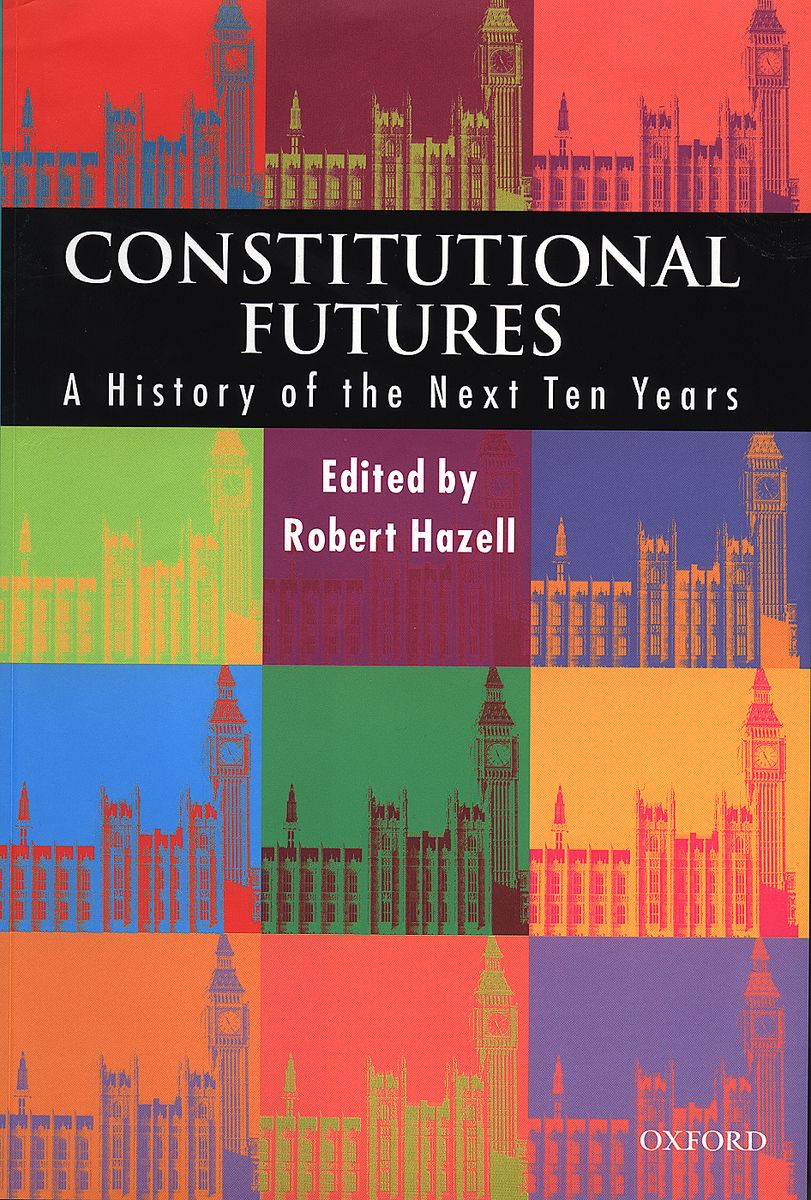
The Unit at 25: Day 5
The Unit’s work on devolution influenced the design of referendums in Scotland & Wales in 1998. Our 2002 book Scottish Independence: a Practical Guide was rare in asking practical questions about independence, 12 years before the 2014 referendum
The Unit’s work on devolution influenced the design of referendums in Scotland & Wales in 1998. Our 2002 book Scottish Independence: a Practical Guide was rare in asking practical questions about independence, 12 years before the 2014 referendum
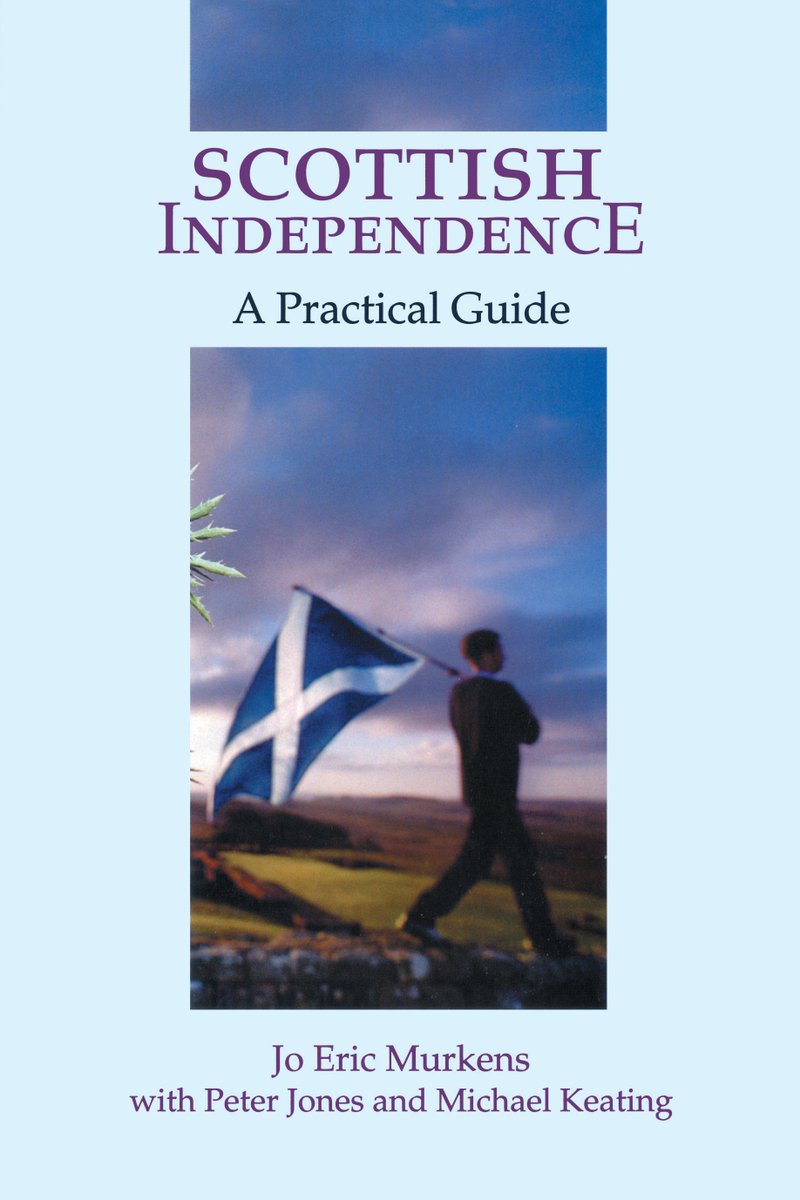
The Unit at 25: Day 6
Unit events regularly shed light on key questions with prominent constitutional speakers such as @NicolaSturgeon @bernardjenkin & @hilarybennmp.
Our next virtual event is on journalistic reporting in lockdown – sign up here bit.ly/3dARYbt
Unit events regularly shed light on key questions with prominent constitutional speakers such as @NicolaSturgeon @bernardjenkin & @hilarybennmp.
Our next virtual event is on journalistic reporting in lockdown – sign up here bit.ly/3dARYbt
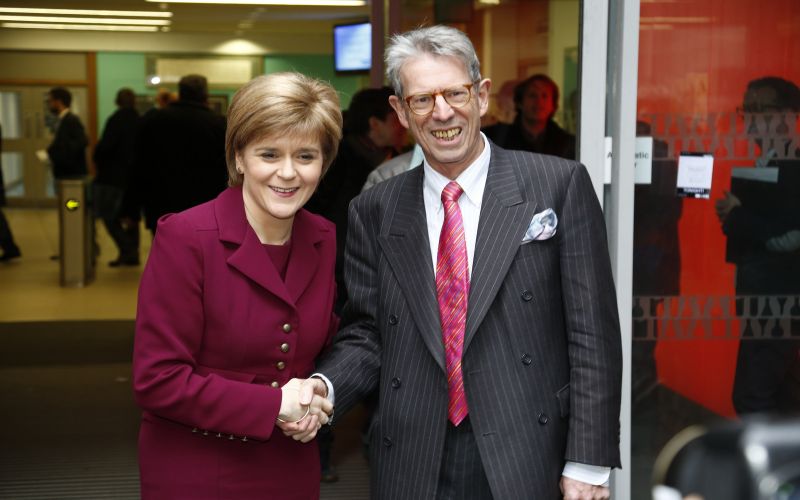
The Unit at 25: Day 7
Improving women’s representation in politics.
Meg Russell’s report, Women’s Representation in UK Politics: What can be done within the Law? informed legislation in 2002 which allowed for political gender quotas. Over 50% of Labour MPs are now women.
Improving women’s representation in politics.
Meg Russell’s report, Women’s Representation in UK Politics: What can be done within the Law? informed legislation in 2002 which allowed for political gender quotas. Over 50% of Labour MPs are now women.
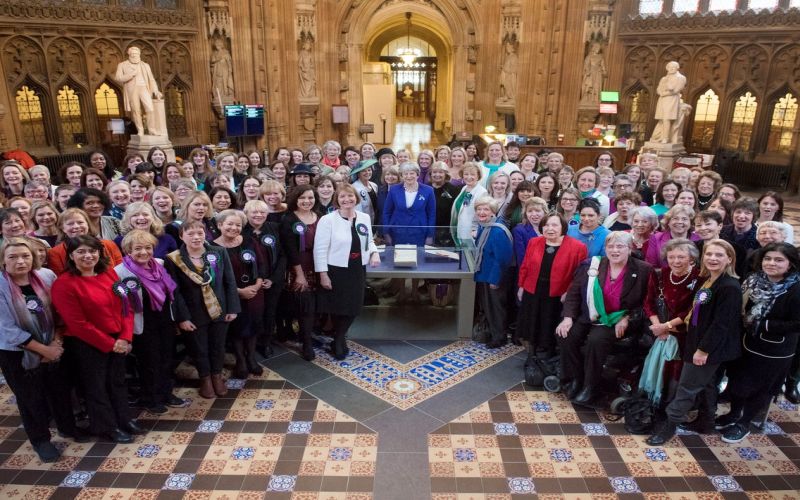
The Unit at 25: Day 8
Celebrating our prize winners.
Robert Hazell won the PSA’s 2009 Political Communicator award, Meg Russell its 2006 Richard Rose prize, Alan Renwick, jointly, its 2016 Democratic Innovation award, and Rebecca McKee its 2018 McDougall Dissertation Prize.
Celebrating our prize winners.
Robert Hazell won the PSA’s 2009 Political Communicator award, Meg Russell its 2006 Richard Rose prize, Alan Renwick, jointly, its 2016 Democratic Innovation award, and Rebecca McKee its 2018 McDougall Dissertation Prize.
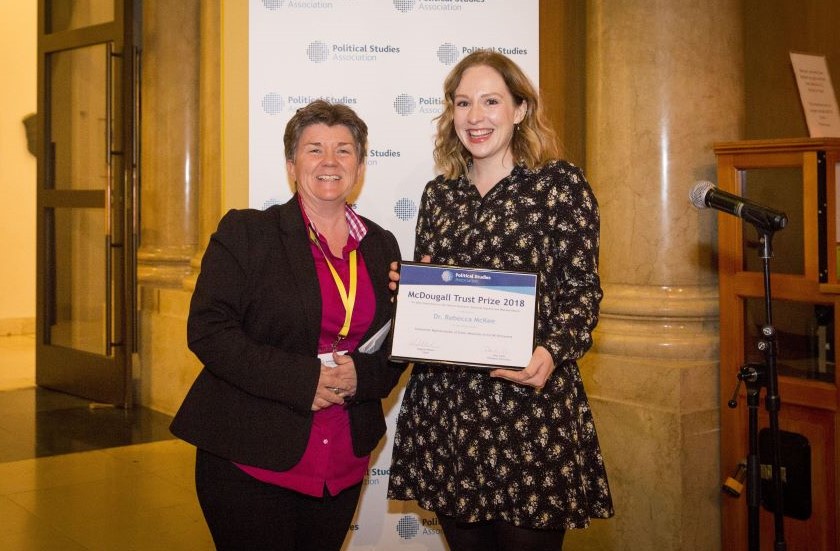
The Unit at 25: Day 9
Today we’re looking at making minority government work.
The Unit’s report with the @instituteforgov predicted the 2010 hung parliament & set out recommendations. We proposed a Cabinet Manual, which was produced the following year.
Today we’re looking at making minority government work.
The Unit’s report with the @instituteforgov predicted the 2010 hung parliament & set out recommendations. We proposed a Cabinet Manual, which was produced the following year.
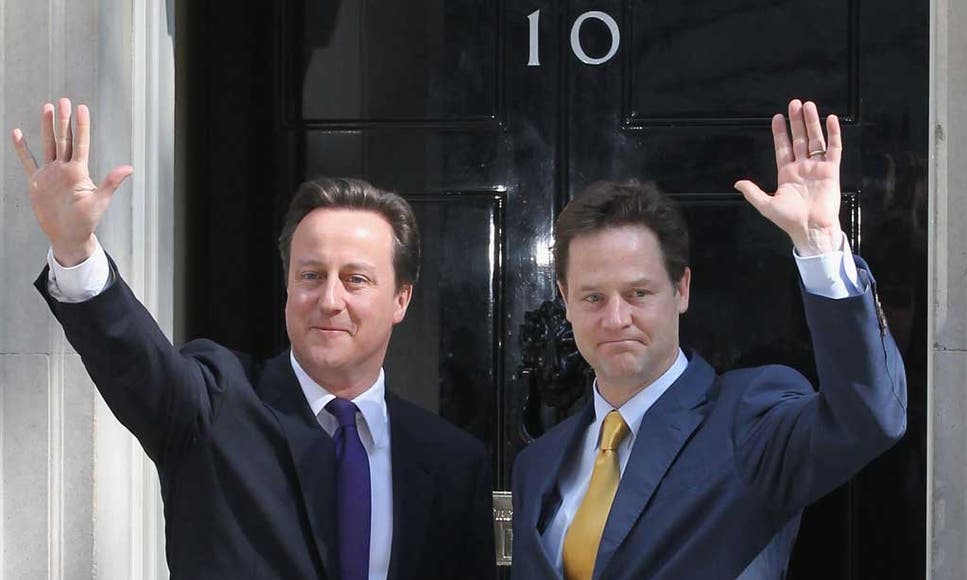
The Unit at 25: Day 10
Following the MPs’ expenses scandal, Meg Russell became specialist adviser to the Wright Committee in 2009. A key recommendation was creation of the Backbench Business Committee, based on her prior research with @akashPuan.
Following the MPs’ expenses scandal, Meg Russell became specialist adviser to the Wright Committee in 2009. A key recommendation was creation of the Backbench Business Committee, based on her prior research with @akashPuan.
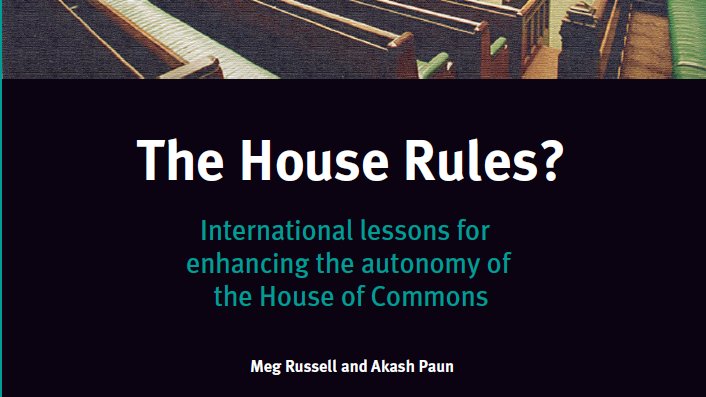
The Unit at 25: Day 11.
In July 2010 the Guardian dedicated its regular ‘in praise of…’ editorial to the Constitution Unit, commenting that the Unit had ‘become a semi-official guardian of constitutional good sense’.
Read the full article here -bit.ly/2MCqjef
In July 2010 the Guardian dedicated its regular ‘in praise of…’ editorial to the Constitution Unit, commenting that the Unit had ‘become a semi-official guardian of constitutional good sense’.
Read the full article here -bit.ly/2MCqjef
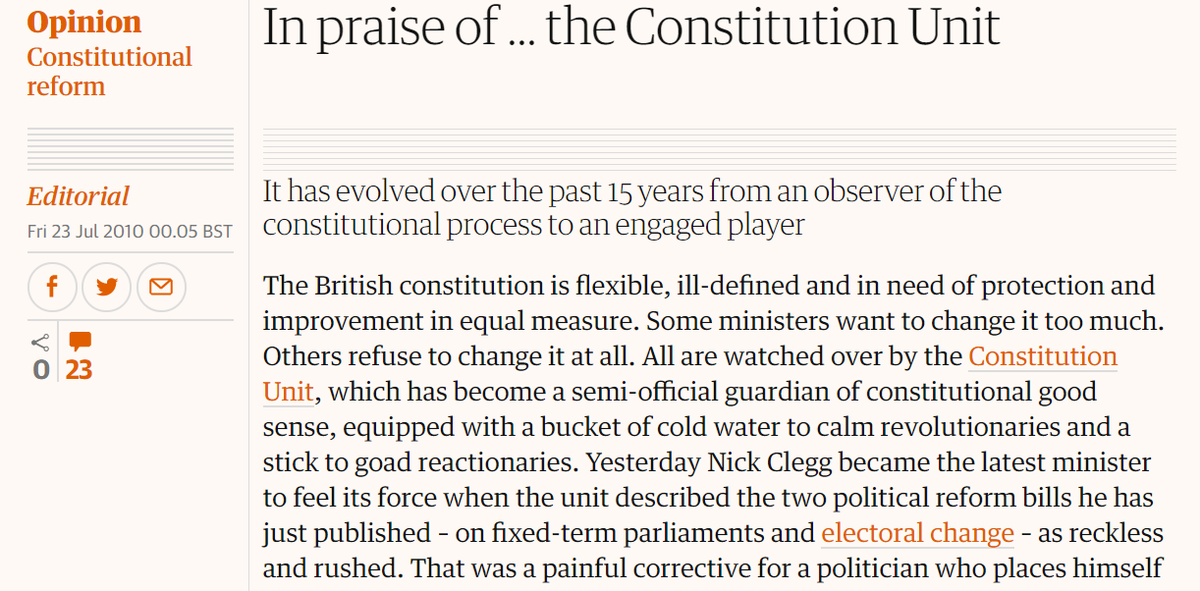
The Unit at 25: Day 12.
The Unit has long been concerned about the growing size of the Lords. It has published two major reports on this topic since 2011.
Meg Russell has also advised inquires by the Lord Speaker’s Committee on the Size of the House and @CommonsPACAC
The Unit has long been concerned about the growing size of the Lords. It has published two major reports on this topic since 2011.
Meg Russell has also advised inquires by the Lord Speaker’s Committee on the Size of the House and @CommonsPACAC
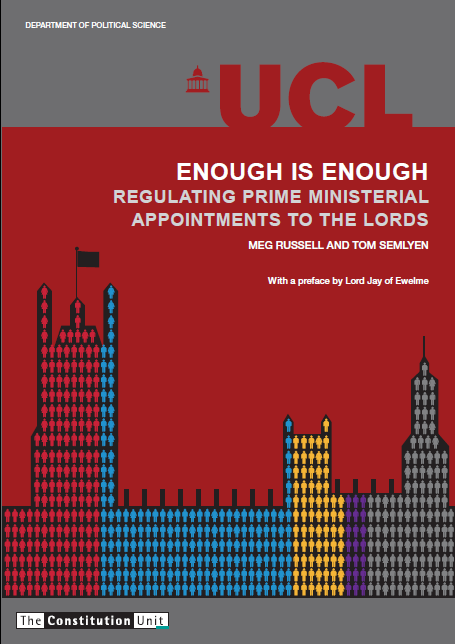
🥳The Unit at 25: Day 13🥳
Reassessing judicial independence.
Robert Hazell led a project analysing what judicial independence means and how it can be protected.
His 2015 co-authored book argued that interaction between judges and politicians is vital.
Reassessing judicial independence.
Robert Hazell led a project analysing what judicial independence means and how it can be protected.
His 2015 co-authored book argued that interaction between judges and politicians is vital.
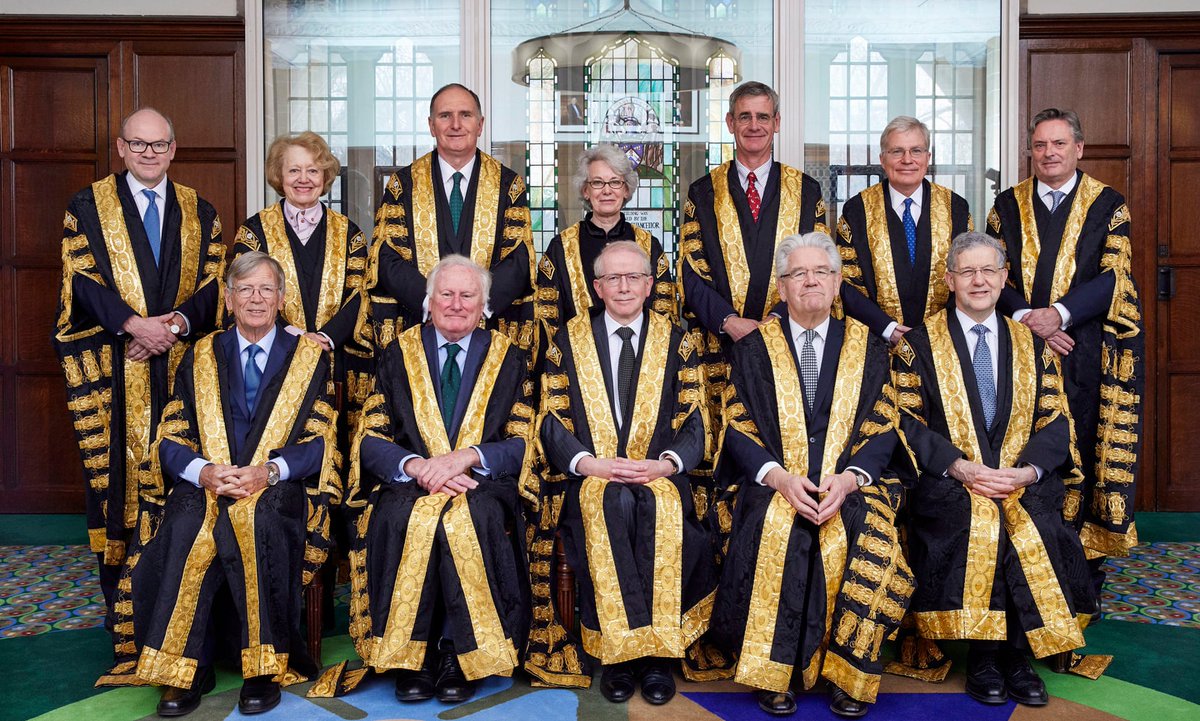
🎂The Unit at 25: Day 14
A new chapter.
Meg Russell gave her inaugural lecture as a Professor in 2015, arguing for closer engagement between research and practice.
Meg took over as Unit Director from Robert Hazell in 2015, while @alanjrenwick joined the team as Deputy Director
A new chapter.
Meg Russell gave her inaugural lecture as a Professor in 2015, arguing for closer engagement between research and practice.
Meg took over as Unit Director from Robert Hazell in 2015, while @alanjrenwick joined the team as Deputy Director

🥳The Unit at 25: Day 15🥳
In 2015 we marked 20 years of the Unit with a lively conference looking back at its impact.
Speakers included Professor Vernon Bogdanor, Tony Wright, Electoral Commission Chair Jenny Watson and former Appeal Court judge Sir Stephen Sedley.
In 2015 we marked 20 years of the Unit with a lively conference looking back at its impact.
Speakers included Professor Vernon Bogdanor, Tony Wright, Electoral Commission Chair Jenny Watson and former Appeal Court judge Sir Stephen Sedley.
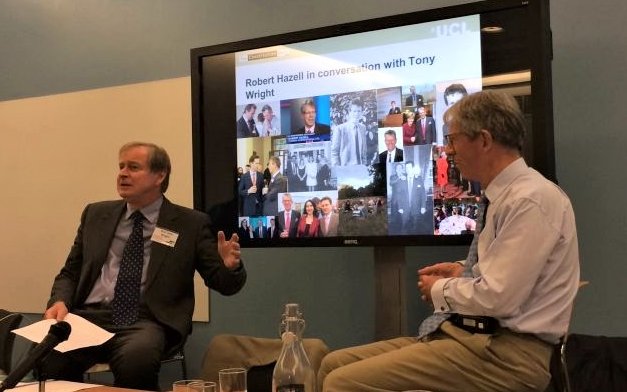
🎂The Unit at 25: Day 16🎂
Today, we’re on Brexit.
The unit co-hosted events with @ukice & @UCL_EI in early 2016. These events were among the first to point out the effects that leaving the EU could have on the Northern Ireland border and pressure for Scottish independence.
Today, we’re on Brexit.
The unit co-hosted events with @ukice & @UCL_EI in early 2016. These events were among the first to point out the effects that leaving the EU could have on the Northern Ireland border and pressure for Scottish independence.
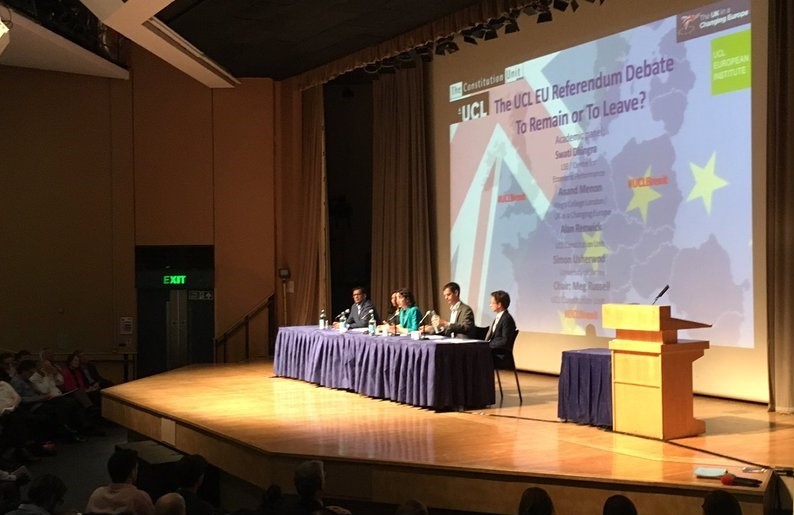
🥳The Unit at 25: Day 17🥳
Tackling misinformation.
A week before the EU referendum, Unit researchers coordinated a letter to the Telegraph signed by over 250 academics that criticised the misinformation being propagated on both sides of the campaign - bit.ly/2MR7eoJ
Tackling misinformation.
A week before the EU referendum, Unit researchers coordinated a letter to the Telegraph signed by over 250 academics that criticised the misinformation being propagated on both sides of the campaign - bit.ly/2MR7eoJ
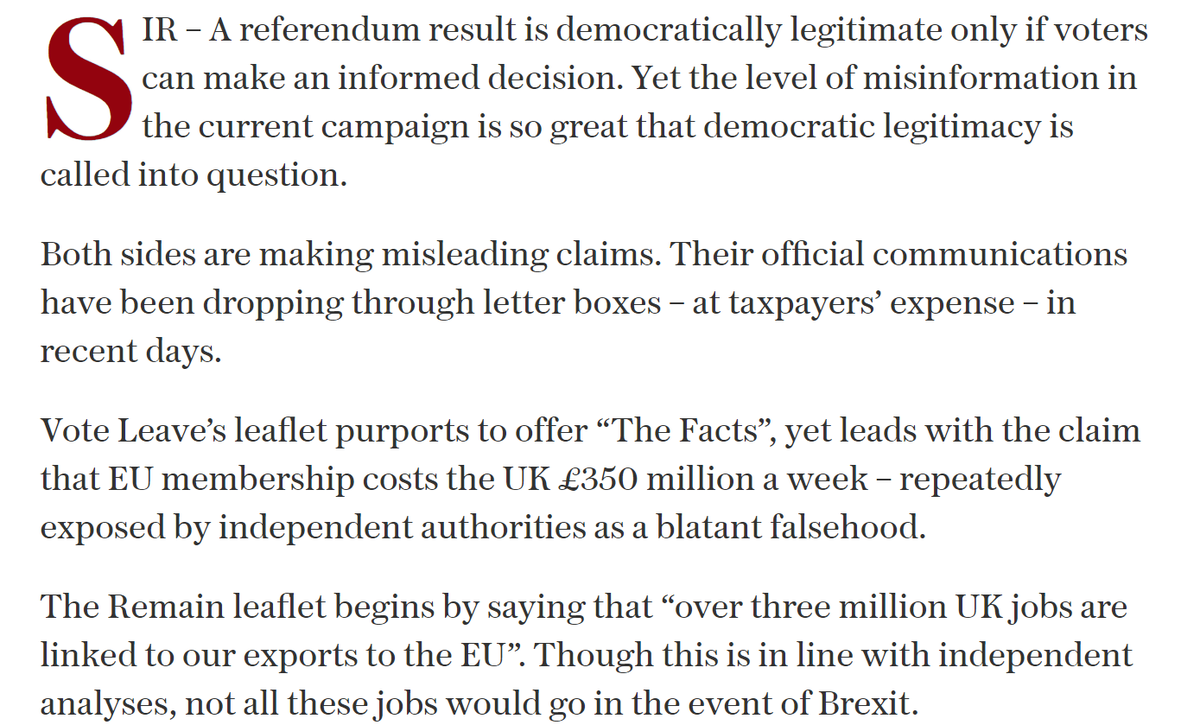
The Unit at 25🎂: Day 18
Our most read blogpost🤩
Three days before the EU referendum, @alanjrenwick published ‘The road to Brexit: 16 things you need to know about what will happen if we vote to leave the EU’ on our blog. The post was accessed well over 100,000 times.
Our most read blogpost🤩
Three days before the EU referendum, @alanjrenwick published ‘The road to Brexit: 16 things you need to know about what will happen if we vote to leave the EU’ on our blog. The post was accessed well over 100,000 times.
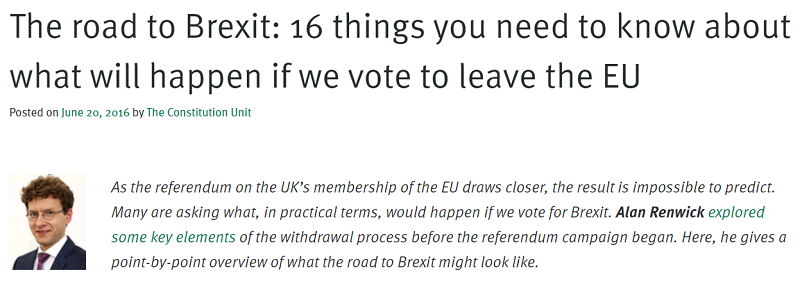
The Unit at 25: Day 19
Meg Russell & Daniel Gover’s book Legislation at Westminster was launched in the Speaker’s apartments in 2017.
Representing the largest study of the UK legislative process for 40 years, it emphasises the centrality of informal & hidden political influence
Meg Russell & Daniel Gover’s book Legislation at Westminster was launched in the Speaker’s apartments in 2017.
Representing the largest study of the UK legislative process for 40 years, it emphasises the centrality of informal & hidden political influence
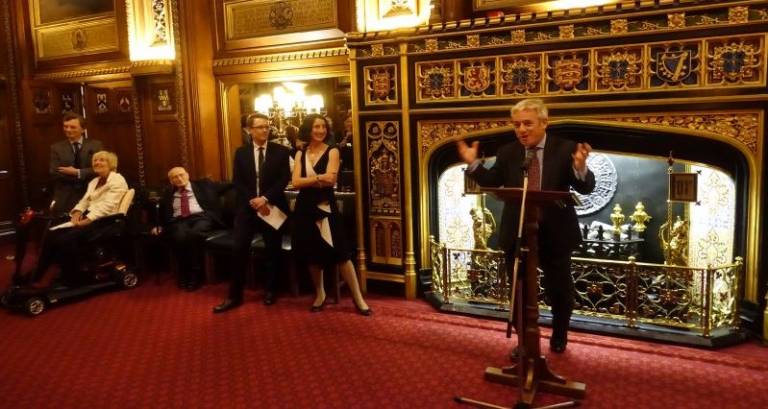
🥳The Unit at 25: Day 20
The Unit ran the first UK-wide citizens’ assembly in 2017.
The Citizens’ Assembly on Brexit met over two weekends to examine post-Brexit trade & migration policies. Recommendations were presented at hearings with three parliamentary select committees.
The Unit ran the first UK-wide citizens’ assembly in 2017.
The Citizens’ Assembly on Brexit met over two weekends to examine post-Brexit trade & migration policies. Recommendations were presented at hearings with three parliamentary select committees.
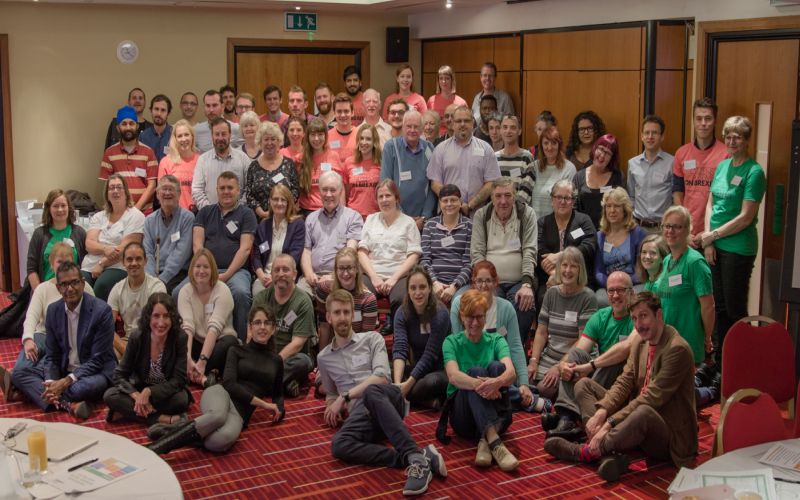
🎂The Unit at 25: Day 21🎂
The Unit formed the Independent Commission on Referendums in 2017 to review the role & conduct of referendums in the UK.
Its work was the subject of a PACAC special evidence session and fed into a key Council of Europe inquiry.
The Unit formed the Independent Commission on Referendums in 2017 to review the role & conduct of referendums in the UK.
Its work was the subject of a PACAC special evidence session and fed into a key Council of Europe inquiry.
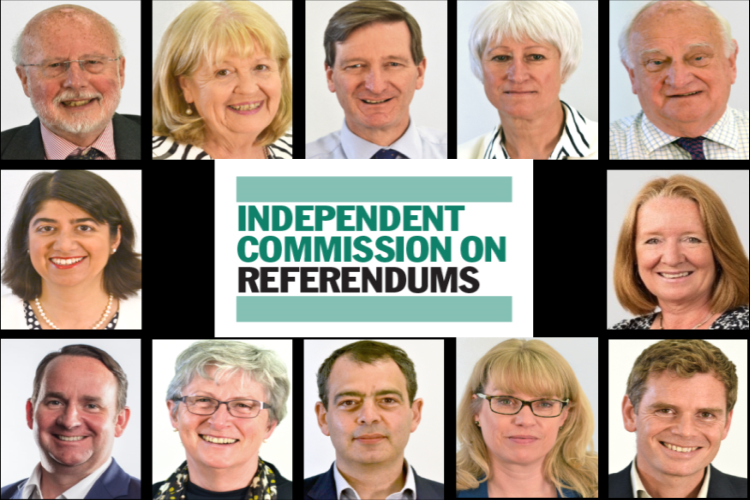
The Unit at 25: Day 2⃣2⃣
Informing debate around a further Brexit referendum.
The Unit published two reports in 2018–19 on the mechanics of holding a 2nd referendum.
Cited 100+ times in the media, these became go-to guides during a time of heated debate.
Informing debate around a further Brexit referendum.
The Unit published two reports in 2018–19 on the mechanics of holding a 2nd referendum.
Cited 100+ times in the media, these became go-to guides during a time of heated debate.
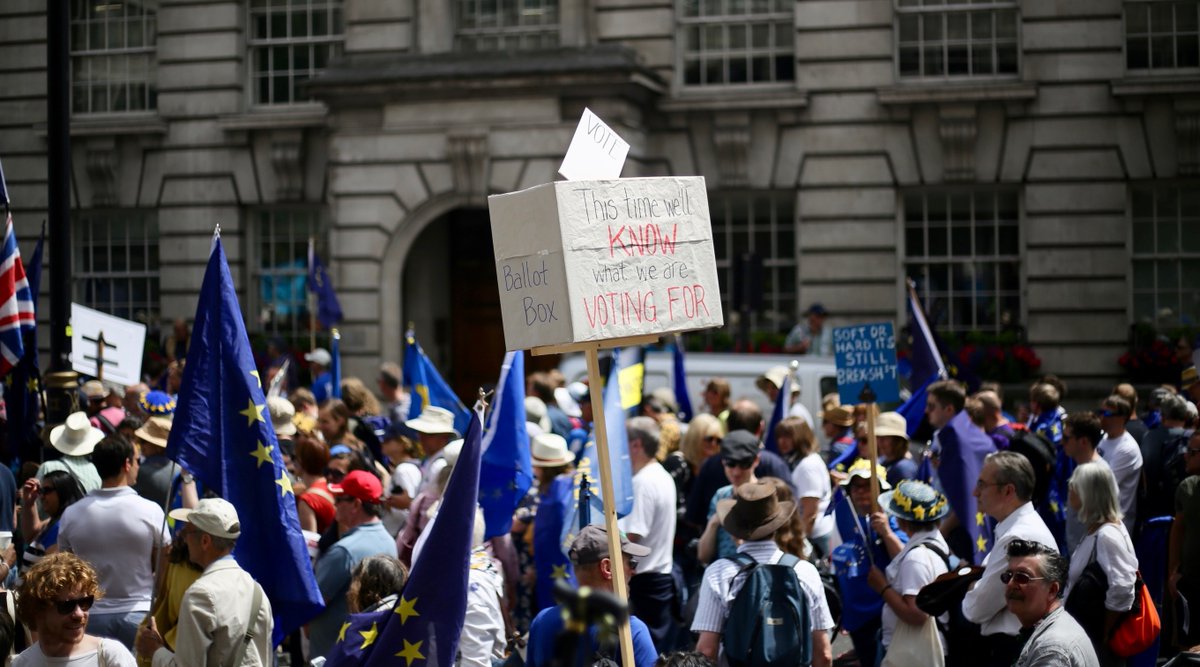
🎂The Unit at 25: Day 23🎂
Doing Democracy Better – a major 2019 report by @alanjrenwick & @MichelaPalese analysed democratic practice in 8 countries. It recommends a new approach to information provision in elections & referendums so that voters can find the answers they want.
Doing Democracy Better – a major 2019 report by @alanjrenwick & @MichelaPalese analysed democratic practice in 8 countries. It recommends a new approach to information provision in elections & referendums so that voters can find the answers they want.
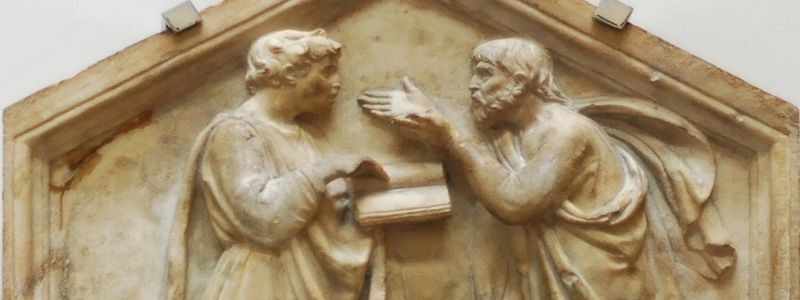
🥳The Unit at 25: Day 2⃣4⃣
As a @ukice senior fellow, Meg Russell has done much impactful work on parliament’s role in Brexit.
In Sept 2019, Meg headed a letter to The Times arguing that the prorogation (later overturned by the Supreme Court) was constitutionally improper.
As a @ukice senior fellow, Meg Russell has done much impactful work on parliament’s role in Brexit.
In Sept 2019, Meg headed a letter to The Times arguing that the prorogation (later overturned by the Supreme Court) was constitutionally improper.
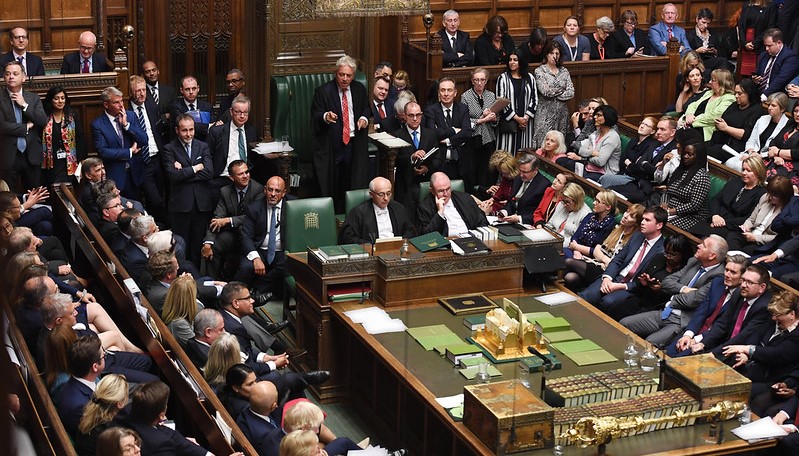
🎂The Unit at 25: Day 25 🎂
Working Group of Unification Referendums on the Island of Ireland.
This group, including experts from Belfast and Dublin as well as the Unit, is examining how a vote on NI’s future would be conducted. It aims to publish a final report in early 2021.
Working Group of Unification Referendums on the Island of Ireland.
This group, including experts from Belfast and Dublin as well as the Unit, is examining how a vote on NI’s future would be conducted. It aims to publish a final report in early 2021.

🎂🎂🎂🎂
Last day of our 25 years campaign!
We have celebrated our 25th birthday in 25 tweets over the last 25 days. For the full story, go here - bit.ly/3eX7Cys
We have also launched a 25 years fundraising campaign. Find out more here - bit.ly/2Ylc5nu
Last day of our 25 years campaign!
We have celebrated our 25th birthday in 25 tweets over the last 25 days. For the full story, go here - bit.ly/3eX7Cys
We have also launched a 25 years fundraising campaign. Find out more here - bit.ly/2Ylc5nu
Huge thank you to all our wonderful supporters & our team, past and present!🤗
But the party isn't over yet...Look out for special outputs and events in the autumn to celebrate our 25th birthday.
🥳🥳🥳
Subscribe here for all our latest news - bit.ly/2B64Gks
But the party isn't over yet...Look out for special outputs and events in the autumn to celebrate our 25th birthday.
🥳🥳🥳
Subscribe here for all our latest news - bit.ly/2B64Gks
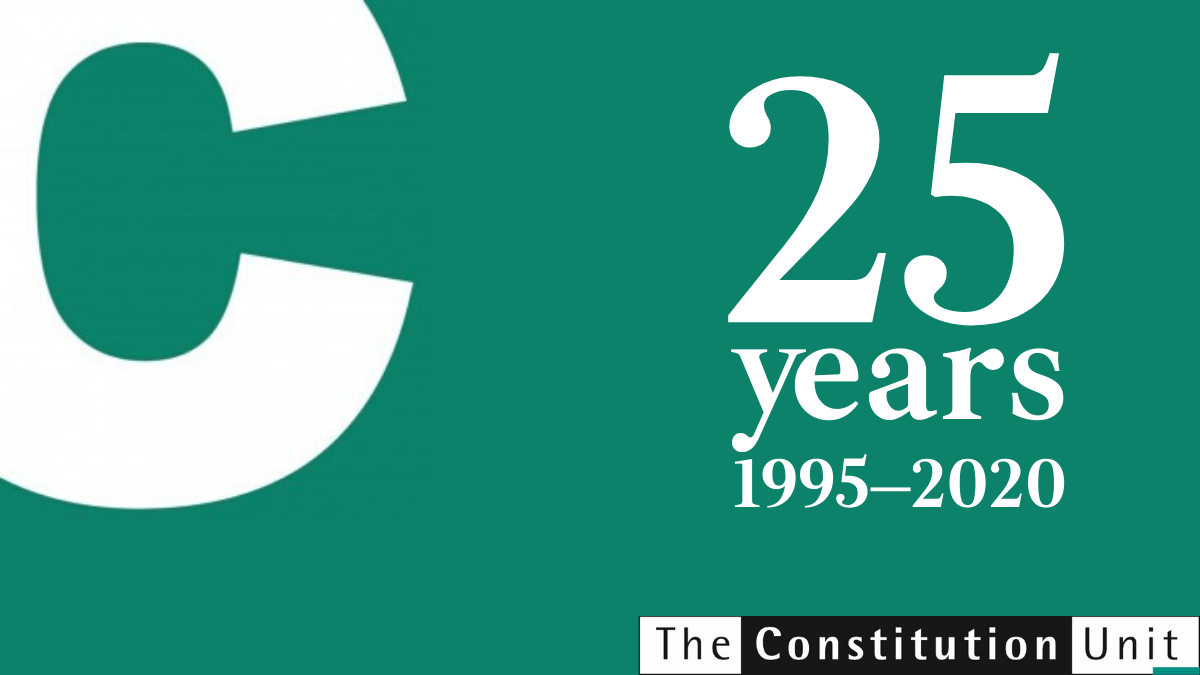
• • •
Missing some Tweet in this thread? You can try to
force a refresh






